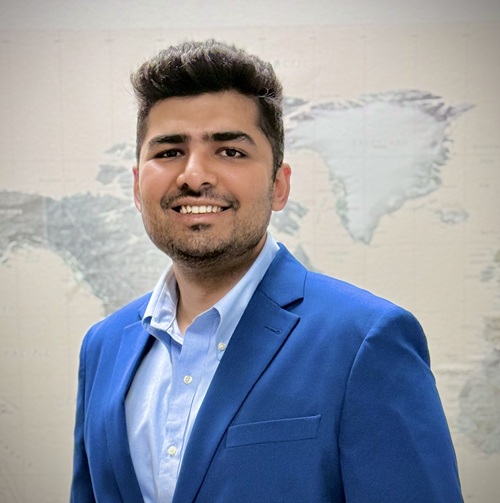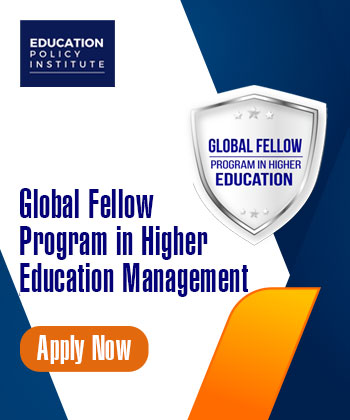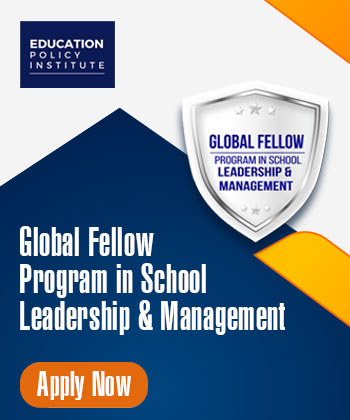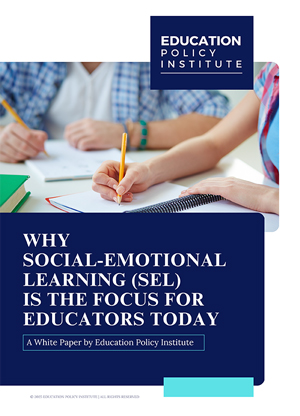Education today is standing at one of the most transformative crossroads in its history. From where we stand at Academik America, working with institutions across continents, we see both the volatility and the promise of this moment. For centuries, universities and schools balanced their mission to expand access to knowledge with economic models built on tuition, philanthropy, and government support. That model is under pressure. The economics of education today are being reshaped by technology, by the globalization of learning, and by the demand for outcomes that extend far beyond the classroom. Education is no longer merely a sector, it is an integral part of the infrastructure of global growth (as it has always been, though too often underestimated).
The body of knowledge available to learners has never been so abundant. Digital platforms and large language models are making access near-universal in ways unthinkable just a decade ago. I still remember when a university’s library determined its academic advantage. Today, that edge is measured in seconds of online search. The abundance of knowledge is shifting the value proposition for institutions. What matters now is not ownership of knowledge, but the ability to validate it. Credentials, trusted assessments, and global accreditation are emerging as the strongest currencies in the economics of education.
Technology is accelerating this change at a pace institutions struggle to match. Generative AI developed by companies such as Microsoft, Google, and OpenAI is lowering the cost of producing learning resources, automating assessments, and delivering personalized support. These efficiencies are welcome, but they also raise uncomfortable questions. If machines can replicate parts of academic and administrative work, what justifies tuition that continues to rise? The institutions that succeed will be those that use these efficiencies wisely, not by cutting corners, but by reinvesting in what technology cannot replicate. We have already seen the pitfalls when institutions take the shortcut approach. The real opportunity lies in channeling these gains into deeper faculty development, richer pedagogical design, and stronger human support for students.
Students themselves are rewriting the economic logic of education. Increasingly, they weave together degrees, online modules, and global certifications to create learning journeys that match their ambitions. This fluidity is now the norm, even if many traditional institutions still treat it as the exception. The consequence is profound: the economics of education are no longer determined by who delivers the most courses, but by who grants recognition and trust across networks that span borders and industries.
At the center of all this are faculties. Just as corporations understand that their talent base drives long-term value, institutions must see faculty readiness as their most important investment. Faculty who can use AI responsibly, who can reimagine pedagogy with digital tools, and who can engage with global frameworks are not just educators, they are assets in the truest economic sense. Faculty capability has always been central to institutional value, but in this new age, it is the decisive variable. Institutions that continue to treat faculty as a cost rather than a capital investment will find themselves unprepared for what lies ahead.
The financing of education must also evolve. Tuition and grants will remain essential, but they cannot bear the full weight of transformation. We are already seeing experiments with industry partnerships, public–private innovation models, and subscription-based learning services. The most forward-looking institutions are beginning to treat education not as a one-time transaction, but as a lifelong relationship. That shift changes the economics entirely, requiring new revenue models that align with continuous learning and reskilling across decades of a career.
The economics of education in the new age will not be measured by campus size or the scale of endowments. It will be measured by how effectively institutions align trust, faculty capability, and global relevance. The body of knowledge will continue to expand freely. What will determine success is the credibility of validation, the readiness of faculty, and the institution’s ability to remain relevant in a world where knowledge is no longer scarce.
At Academik America, we have seen how quickly old models can collapse when treated as permanent. We believe this is the moment to rethink the economic foundations of education to ensure they remain engines of equity, growth, and global opportunity. That responsibility belongs to all of us. And it cannot wait.
Author Bio:
Latest
Trends blogs
- Mid-Career Education in a Changing Labor Market
- The Next Phase of STEM Education: The Role of Artificial Intelligence in Classroom Curricula
- Education Technology in 2026: Trends Driving the Next Wave of Learning
- Aligning Education with Employability: The Rise of Skill-Centered Learning
Focus blogs
- Research-Driven Education: Strengthening Strategies, Policies, and Classroom Practice
- Professional Certifications for Career Growth: What Students and Young Professionals Need to Know
- Building a High-Impact Center of Excellence: What You Need to Know
- Beyond Graduation: The Importance of Lifelong Learning in Higher Education






